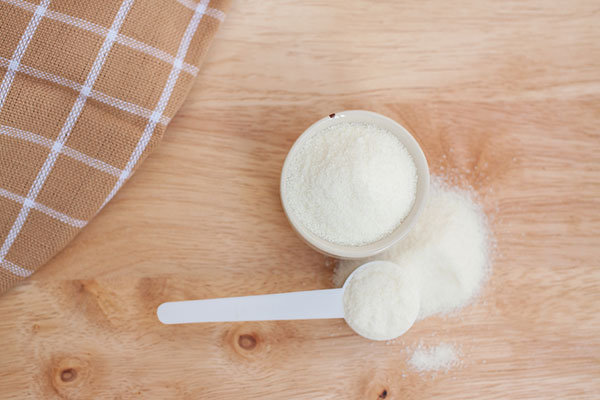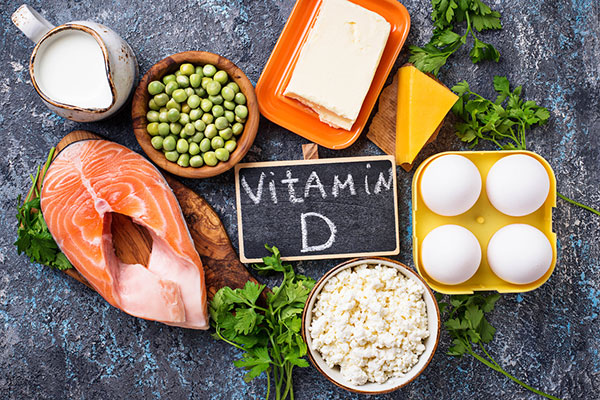
Vitamins That Contribute to Healthy, Thick Hair
The primary causes of male and
female pattern baldness are hormones and genetics. However, your lifestyle and diet also have a huge influence on your hair's health. One of the most overlooked hair health factors is vitamin consumption. The following
vitamins will help you maintain healthy and lustrous hair.
Vitamin A
This is a vital vitamin for all your body cells, including your hair. Vitamin A helps in the production of sebum, which moisturizes your scalp and keeps your hair healthy. It also has antioxidants that nourish your scalp and keep your hair from drying out. Foods such as spinach and other dark leafy vegetables, liver, mile, egg yolks, dried apricots, and sweet potatoes are rich sources of Vitamin A.
B-Vitamins
Biotin is, perhaps
the most powerful B-vitamin. It's also referred to as the hair growth vitamin. It improves your hair's health as well as its texture, repairs brittle hair, and makes your hair fuller and thicker.
Foods rich in B-vitamins include; bananas, avocados, salmon, eggs, walnut, peanut butter, soybeans, lentils, sunflower seeds, to name a few. Other B-vitamins promote cell division and growth, and aid in the creation of red blood cells, which carries nutrients and oxygen to the hair follicles.
Vitamin C
Collagen is quite an important hair growth protein found in Vitamin C. Collagen effectively prevents hair dryness and even balding. Vitamin C is an antioxidant that preserves the hair follicles from damage due to oxidative stress from free radicals. It also inhibits the production of protein DKK-1, which causes baldness. Citrus fruits including; oranges, lemons, sweet lime, kiwi, grapefruit, mandarin, blueberries, and strawberries are rich sources of Vitamin C.

Vitamin D
Vitamin D deficiency is known to cause telogen effluvium, a type of hair loss associated with stress. Studies suggest it's used in hair restoration therapies as it aids in the creation of new hair follicles, leading to thicker and fuller hair. The sun is a natural source of Vitamin D, but its also attained with supplements and foods such as cod liver oil and fatty fish.

Vitamin E
This is perhaps the most important vitamin for hair growth. It's a powerful antioxidant that helps build and repair body tissue. You can get Vitamin E from foods such as broccoli, spinach, almonds, and sunflower seeds.
Talk to an FUE Hair Doctor if Advanced Hair Loss is a Concern
It's important that you first talk to a specialist who will diagnose the cause and severity of your hair loss, before starting any supplement regimen. If you've already tried increasing these vitamins in your diet, but hair loss is a major concern for you, get in touch with the team at MHTA Clinic. Dr. Diep has mastered the art of
FUE hair transplants and is happy to consult with you about hair restoration treatments.
Get in touch via our online form here, or by calling
1-866-999-6482.




